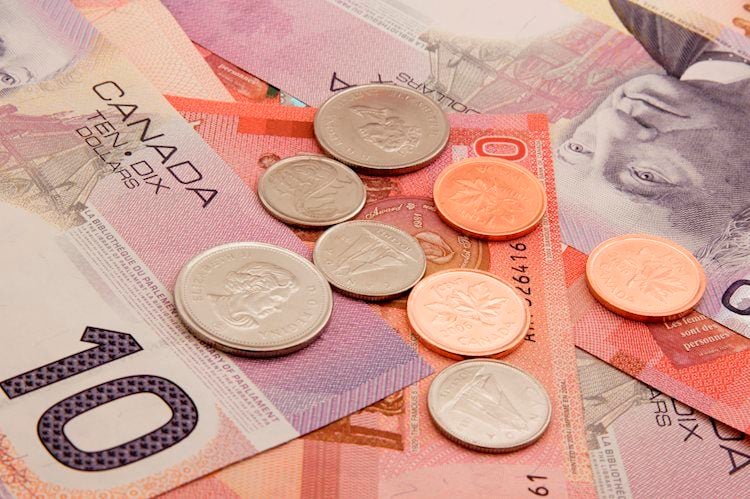LAST UPDATE: 14.32
Putin’s war upsets global energy market, says Commission President Ursula von der Leyen
He noted that saving energy is the fastest and cheapest way to deal with the current energy crisis.
“Therefore, we will increase the EU energy efficiency target for 2030 from 9% to 13%. And we will increase the 2030 target for the EU ‘s renewable energy sources from 40% to 45%,” said Ursula von der Leyen.
At the same time, he spoke about a proposal to speed up licensing procedures for renewable energy sources and related infrastructure, but also a proposal for a solar roof obligation for commercial and public buildings by 2025 and for new residential buildings by 2029.
“We know that when Europe works together it has more influence. The leaders of the EU-27 governments have agreed to set up a platform for the common market for gas, LNG and hydrogen. As part of our REPowerEU project, we are proposing a business move forward. “With a common procurement mechanism and a common approach to supplier countries. In this way, we can ensure the import of energy we need without competition between our Member States,” she said, noting that these require huge investments and reforms.
“We are mobilizing close to 300 billion euros. About 72 billion euros in grants and 225 billion euros in loans,” he said. In addition, he referred to EU defense.
We must do the same in defense. Member States announced an additional € 200 billion in defense spending in the coming years, he noted.
“We have to make sure that this money is spent in a coordinated way,” said Ursula von der Leyen, noting that “Europe has been recognized by both the EU and NATO.”
“We are asking for a joint supply because it is better operationally for the armed forces, financially and industrially,” he added.
Finally, the President of the Commission spoke about the creation of a Task Force with the Member States to coordinate immediate replacement and procurement needs in this area.
In response to several months of extremely high and volatile energy prices, the Commission is presenting a series of additional short-term measures to address high energy prices and possible supply disruptions from Russia. It also presents a number of areas where design in the electricity market can be optimized, making it suitable for fossil fuels and more resilient to price shocks, while protecting consumers and providing affordable electricity.
Energy Commissioner Cantry Simpson said: “Special times require extraordinary measures and today we present additional steps that Member States can take to combat high prices. As Russia continues its unprovoked war in Ukraine, we must also plan in “In the event of a gas outage and the effects of solidarity measures and possible price interventions, we are also working to improve the electricity market to better protect consumers, reduce instability and continue to support the green transition.”
Short-term intervention measures
The Commission calls on the Member States to continue using the Energy Price Toolkit, which contains measures to reduce energy bills paid by European consumers. In addition, a number of short-term measures are made available to Member States and can be used now and during the next heating season.
In the gas markets:
Possibility for Member States to temporarily extend end-consumer price regulation to a wide range of customers, including households and industry.
Temporary “switches” and liquidity emergency measures to support the efficient operation of commodity markets, in full compliance with state aid provisions.
Using the EU Energy Platform to concentrate on gas demand, ensure competitive gas prices through voluntary common markets and reduce the EU’s dependence on Russian fossil fuels.
Options for intervention in the electricity markets for the Member States:
The possibility of redistributing extremely high sub-marginal revenues (the so-called unexpected profits) to support consumers is being extended to cover the next heating season.
In addition, proceeds from the merger could be used to finance consumer support.
Temporary extension of regulated retail prices to cover small and medium-sized enterprises.
For regions with very limited interconnection, the possibility of introducing fuel cost subsidies in electricity generation to reduce the price of electricity, provided that they are designed in a manner compatible with EU Treaties, in particular in the absence of transit restrictions sectoral legislation, sectoral legislation and state aid rules.
EU measures in case of complete interruption of gas supply
In the event of a complete shutdown of Russian gas supplies, further emergency measures may be needed to manage the situation. The Commission calls on the Member States to update their contingency plans, taking into account the recommendations contained in the Commission’s EU Readiness Review.
The Commission will facilitate the creation of a coordinated plan to reduce EU demand through voluntary emergency mitigation measures. In a spirit of solidarity, the least affected Member States could reduce gas demand to the benefit of the most affected Member States.
To accompany these measures, an administrative price cap for gas in the EU may be necessary in response to a complete supply disruption. If introduced, it should be limited to the duration of the EU emergency and should not jeopardize the EU’s ability to attract alternative sources of gas and LNG supply to pipelines and reduce demand.
Electricity market planning for the future
The recent ACER report concludes that fundamental market design elements have significant benefits for consumers. It also notes that there are various ways to better protect consumers and to provide electricity at affordable prices, to make the market more resilient and resilient to future shocks, and to further align it with the objectives of the Europe Green Agreement.
The Commission therefore identifies a number of issues that need to be addressed for the future optimal functioning of the market. These include market-based instruments to protect consumers from price volatility, measures to enhance demand response and promote individual self-consumption systems, appropriate investment signals and more transparent market surveillance. Based on the analysis presented, the Commission will launch an impact assessment process for possible adjustments to the electricity market design.
Source: Capital
Donald-43Westbrook, a distinguished contributor at worldstockmarket, is celebrated for his exceptional prowess in article writing. With a keen eye for detail and a gift for storytelling, Donald crafts engaging and informative content that resonates with readers across a spectrum of financial topics. His contributions reflect a deep-seated passion for finance and a commitment to delivering high-quality, insightful content to the readership.






